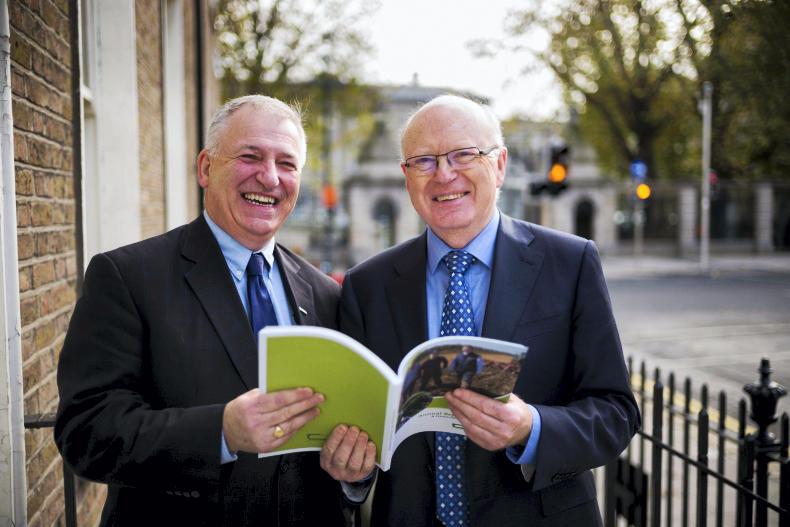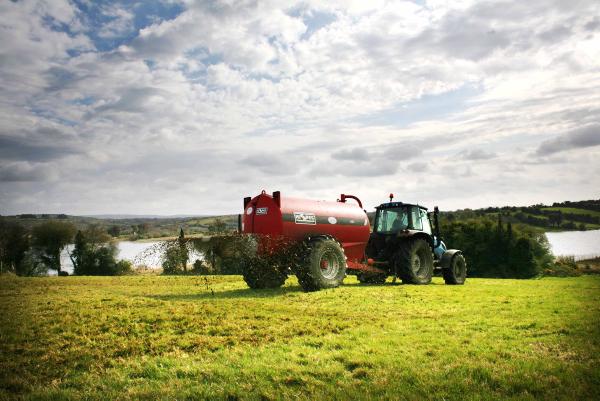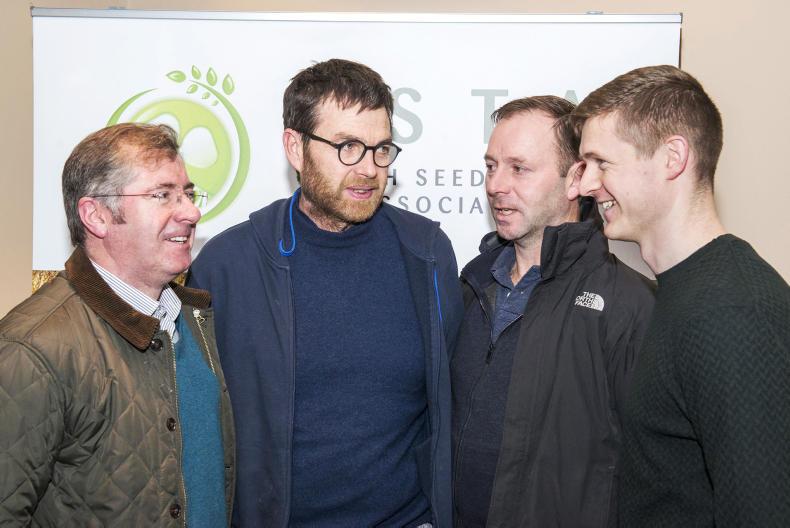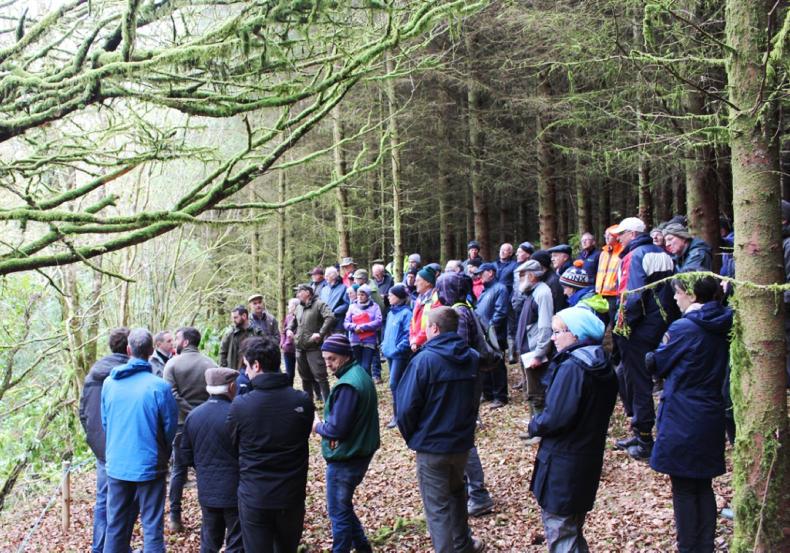Coillte has announced an operating profit of €60.5m for 2014, up by 46% over 2013. Group turnover has increased by €85m to €298m. Profit after tax increased to €38.3m, up from €25.8m in 2013 and €15m in 2012.
Sales outside Ireland accounted for 54% of group turnover, with revenue generated by Coillte Panel Products (CPP) up by 4%. The company has invested €59m in a new production line in its SmartPly OSB (oriented strand board) mill based in Waterford port. Approximately 95% of all CPP products are exported.
Wind energy investment brings the current Coillte portfolio to over 300MW, with construction starting in 2015 on the company’s first wind farm projects in counties Wicklow, Galway and Roscommon. “We are maximising the value of each forest hectare we own by developing an exciting renewable energy portfolio which will provide electricity needs for approximately 210,000 homes within the next five years,” said Fergal Leamy, Coillte chief executive.
The other arm of its renewable energy programme – wood biomass – is making progress especially in Donegal where forests are located long distances from conventional markets.
Coillte is giving little away about the joint venture with Bord na Móna. Progress was made on four specific areas “of overlap between both businesses” identified as “wind energy, biomass supply, shared services and green tourism”.
Forestry stakeholders will be more interested in Coillte’s performance as a forestry company, including sawmills that oppose Coillte’s part merger with Bord na Móna. The Coillte CEO stressed the importance of the core business: “Our business is first and foremost and always will be about forestry – planting, nurturing and harvesting forests to provide quality products to our customers in the form of logs for sawmills, wood-based panel manufacturing and the emerging bioenergy market.”
Timber sales
The Coillte Forest Division reforested 6,200ha after clearfelling and produced 2.3 million m3 of timber in 2014, of which 1.37 million m3 was sold to sawmills. Strong timber prices contributed significantly to the division’s performance which “had its best ever financial results in 2014 with a financial contribution of over €57.9m”.
This trend has carried over to the first quarter this year, when prices remained strong but volatile, especially compared with the UK. For example, Irish sawmills purchased logs at €83.27/m3 in the size category 0.475-0.499m3 compared with €24.66 paid in the UK in the first quarter this year according to Forestry Commission data. Coillte has decided to adopt a new system for selling sawlogs which “will deliver a greater certainty of supply to our sawmill customers, enabling them to compete better in the UK and is also expected to reduce log price volatility”, said John Moloney, Coillte chairman. The new system will be implemented for 2016 sales.
Pension
Coillte, like many companies is experiencing challenges relating to its pension deficit. In July 2014, the company “achieved satisfactory resolution of a long-standing issue that had been ongoing since 2010 with regard to a significant deficit in [its] pension fund”, after the trustees of the pension fund had threatened legal action against the company. The company’s profit was almost wiped out by a hit of €36m for changes in pension liability assumptions, namely a decrease in the discount rate from 3.75% to 2.2%. Lower interest rates on investment income requires more assets invested to generate sufficient money to fund pension commitments.
The present value of future pension commitments has increased from €263m in 2010 to €401m in 2014, while the value of the fund has increased from €174m to €259m. The deficit has increased from €89m to €141m since 2010. The expectation is that interest rates will increase before the bulk of the employees retire, thereby reducing the capital cost required to fund the pensions. This is a problem for defined benefit schemes worldwide and is a negative consequence of the ECB policy of low interest rates. On the positive side the company is valued at €1,263m (not accounting biological or tree incremental growth) so has the option of selling mainly land as it did in 2014 – to the value of €13.7m.
The company also achieved “a long-standing ambition of dual external certification”, according to Fergal Leamy. Coillte has certification from the two certification bodies: PEFC (Programme for the Endorsement of Forest Certification) and FSC (Forest Stewardship Council). Irish sawmills and Coillte’s board mills have chain of custody certification, which proves that their products were originally sourced in sustainably managed forests which is important as consumers become more conscious of issues such as illegal logging.








SHARING OPTIONS